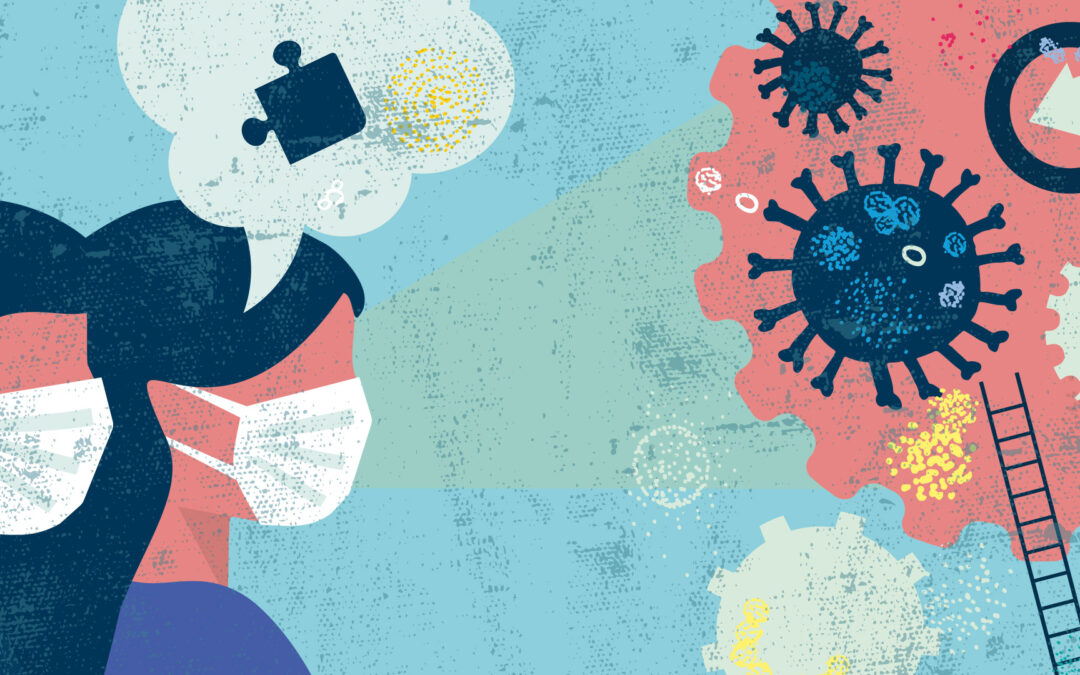
Suggestions for the next Pandemic!
Suggestions for the next Pandemic!
Last week I mentioned five lessons we learned from the pandemic. In this article, I have recommendations so that we are prepared to deal with the next pandemic.
We need to have an official inquiry in Ireland about the restrictive measures implemented by the government during the pandemic. Only then will we be able to improve our preparation in the future. That was the suggestion of Labor Party Deputy Duncan Smith recently.
“If we don't have that inquiry soon we will only have more media commentary, newspaper articles, best-selling books and academic assessments of what we did or didn't do. That's ultimately not useful for learning from our mistakes and building on what we did right,” Smith said.
I think he is right and this is the first step in moving towards devising better processes for the next pandemic.
The experts were able to study the spread and treatments of the COVID-19 virus in depth during the pandemic. The COVID-19 vaccines are effective and safe, and people who are vaccinated are less likely to get severe disease. The new type of Vaccines – messenger RNA vaccines -- are as good and in some ways better than the traditional vaccines – viral-vector vaccines. For example, it will be faster to develop new vaccines with messenger RNA vaccines than with conventional vaccines – which is extremely important.
We also know how effective masks are against any airborne virus, and especially N-95 or KN-95 type masks. Social distancing is also important as a tool against the spread of the virus, and indoors a HEPA filter is very useful to provide clean air.
Therefore, the government needs to invest sufficiently in these things:
The sooner we find out that a disease is spreading, the fewer people will die. Here are a few strategies that would help with an early warning system:
It will be important for all countries to have an early warning system, with an obligation to report anything significant to the World Health Organization (WHO).
Conclusion
In my opinion, we need to have plans in two broad areas to get the best results in the next pandemic:
Let's hope we don't see another pandemic, but that if we do we'll be ready to defeat it!










